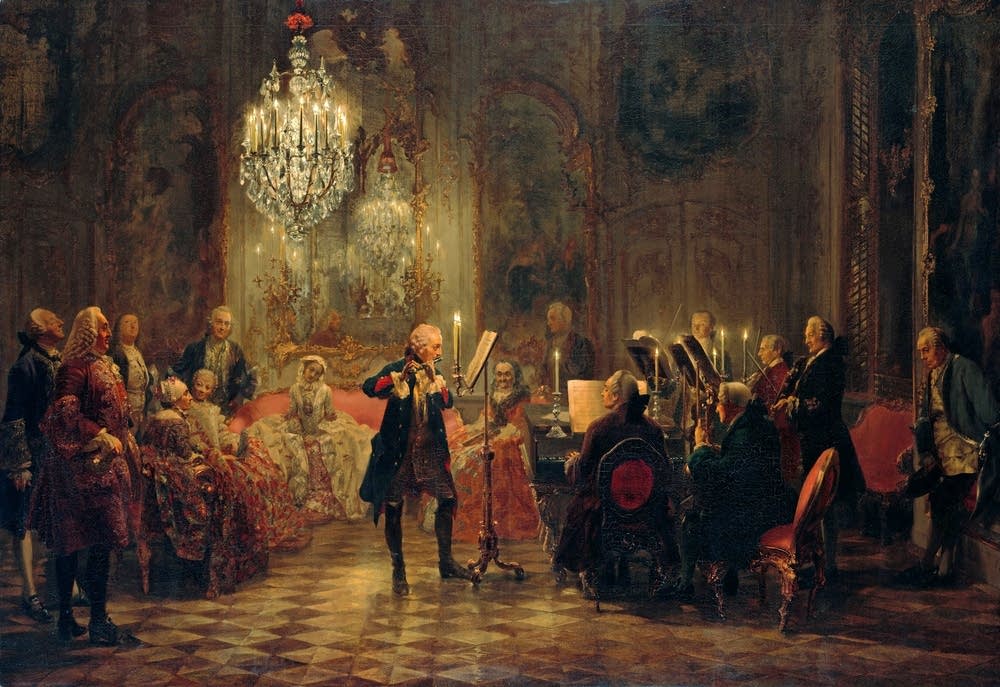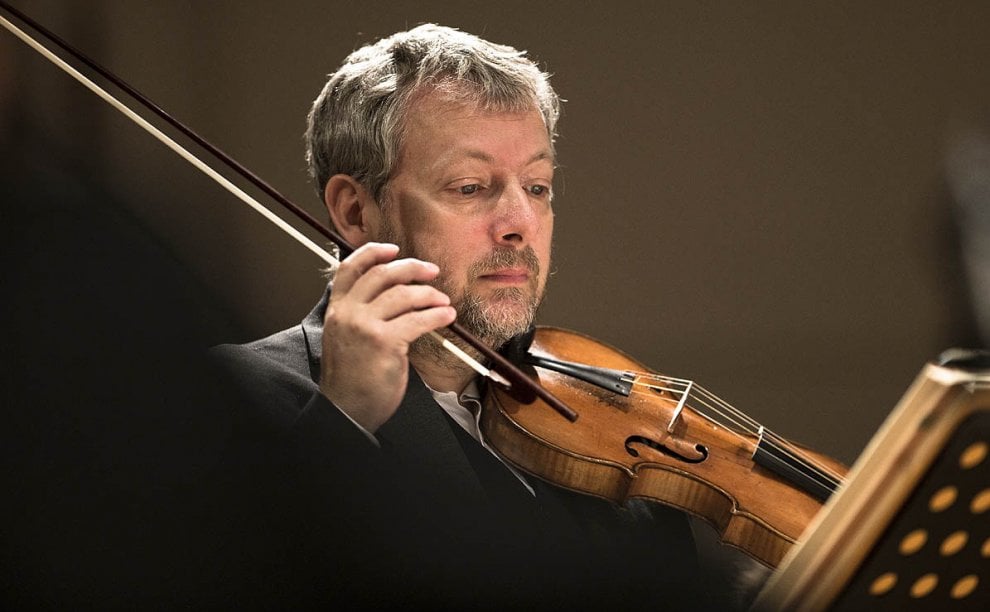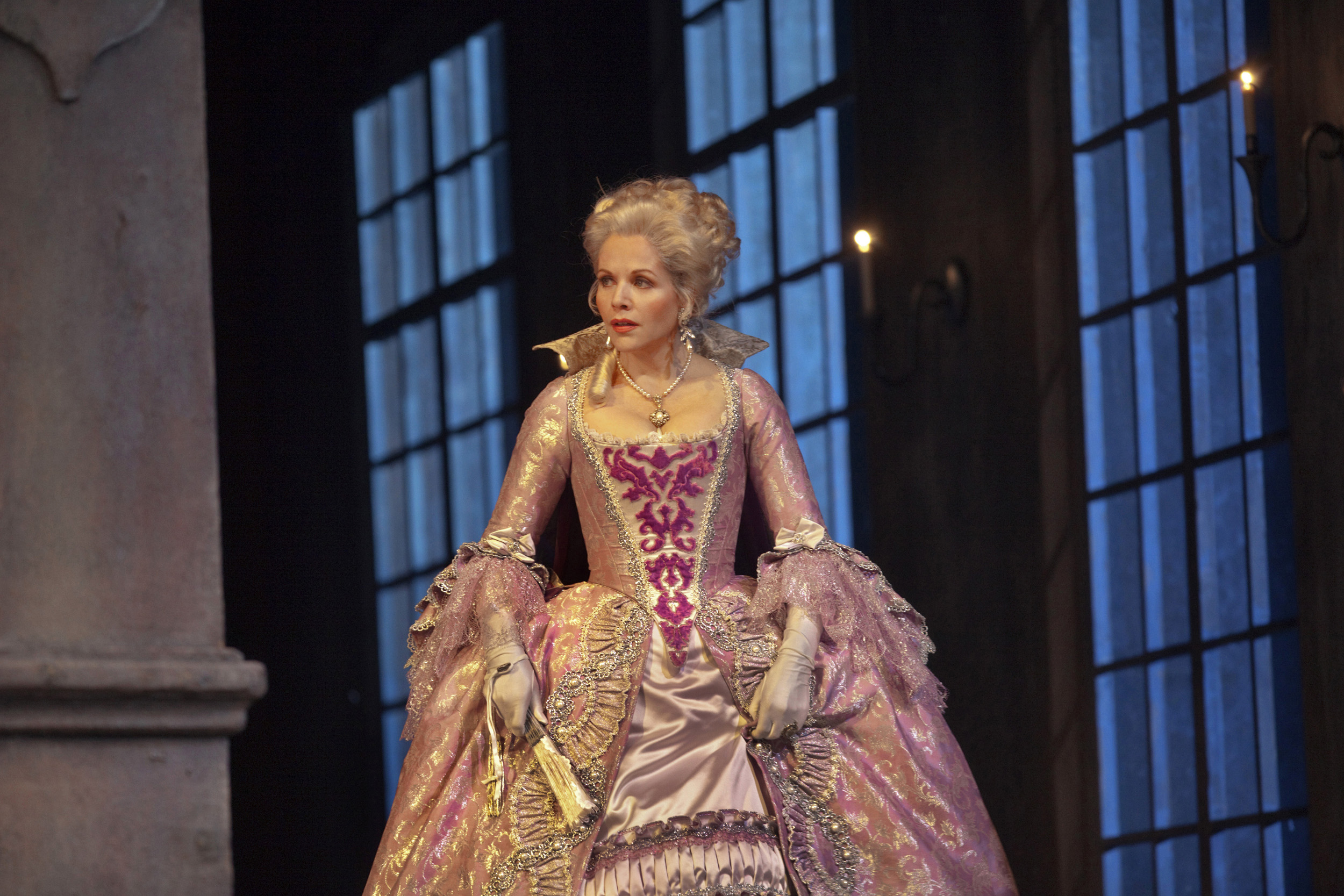Aaron Copland’s “Letter from Home”
Aaron Copland’s Letter from Home seems strangely appropriate for the solemn, reflective spirit of Memorial Day. It’s music filled with distant voices, from the lonely nostalgia of the opening clarinet statement to the plaintive nobility of the solo trumpet, with all of its distant battlefield connotations. This is a piece concerned with memory. Letter from Home was written in 1944 in support of the war effort. Commissioned by the bandleader Paul Whiteman for live …







